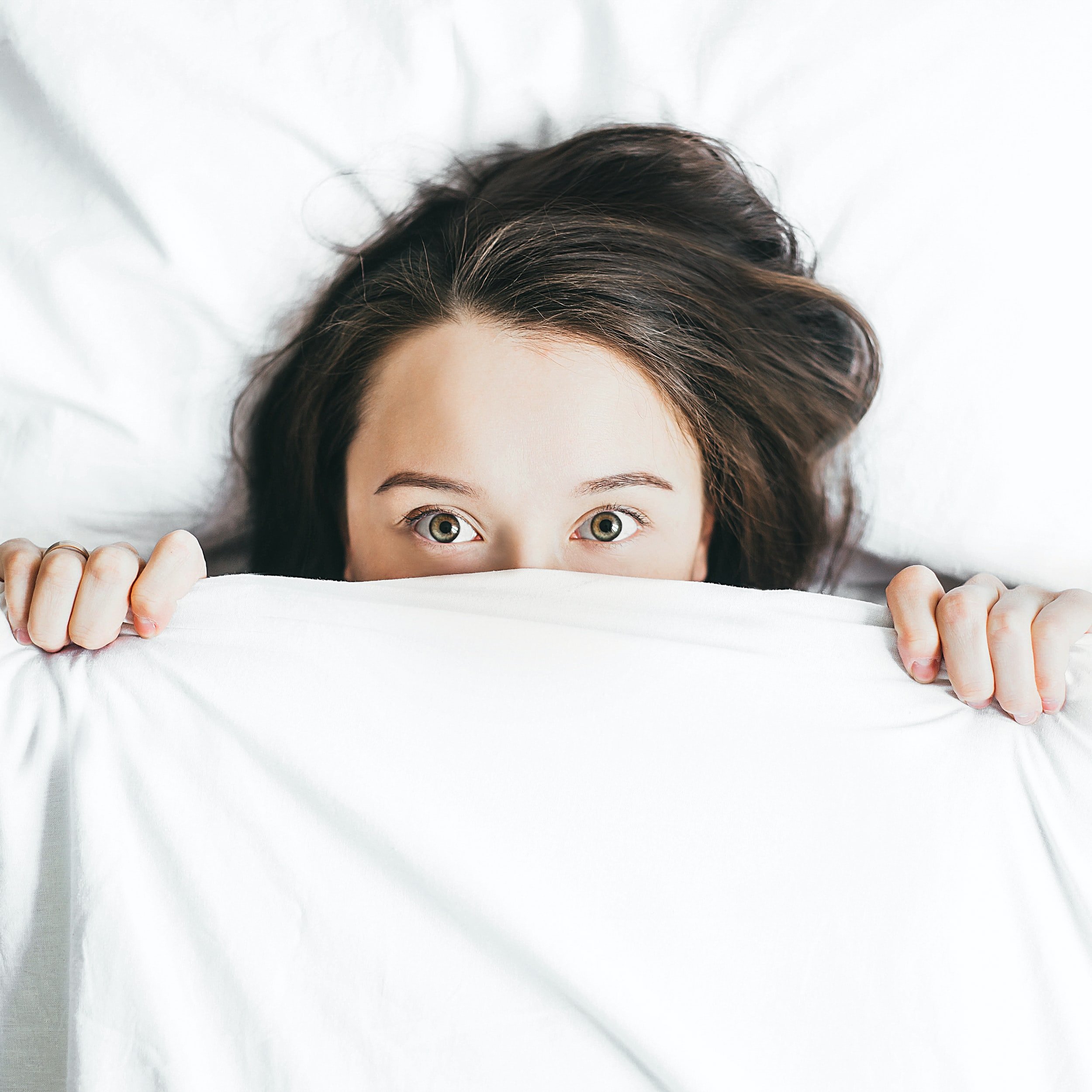Many people with anxiety have gotten used to it and may perceive what they experience as “normal” simply because they’ve habituated to it. Even so, 20% of adults are diagnosed with an Anxiety Disorder at some point in their lives. Difficult to control worries, restlessness, imagining worst case scenarios, and difficulty controlling worried thoughts are common signs of anxiety. While it’s impossible to eliminate all experiences of anxiety in our lives, knowing the signs of a treatable condition can help you keep yours in check.
COMMON SIGNS OF ANXIETY
Feeling overstimulated (sensory)
Feeling “short” or irritable
Frequent “What if” or “Maybe” thoughts
Teeth grinding
The need to know anything that could potentially happen; overthinking
Difficulty concentrating (mind going “blank”)
Difficulty going to sleep or staying asleep; fatigue
Frequent stomach, chest, or muscle tension
Difficulty making decisions (or avoiding making decisions)
Avoiding unfamiliar or uncomfortable situations
Others telling you that you appear “aloof” or “distant” (because you’re lost in worried thoughts)
Difficulty breathing, racing heart, sweating, nausea (or for some, full blown panic attacks)
There are many different types of anxiety besides the generalized type described above that have an additional specific focus:
Performance anxiety, such as text anxiety, excessive fear of giving presentations, and sport performance related anxiety
Social anxiety, or fear of judgment, rejection, or embarrassment. Lack of confidence in social interactions, overthinking prior to and following conversations, and desire to avoid social situations.
Separation anxiety, or fear of being away from a loved one for fear that being away from a them will become permanent
Illness anxiety (formerly known as hypochondriasis), or fear that nuanced physical symptoms indicate something catastrophic.
Death anxiety, or fear of death or suffering either for yourself or a close loved one
TREATMENT
Anxiety responds well to a variety of treatments, among which include Cognitive Behavior Therapy (CBT) and Image Transformation Therapy (IMTT). Learning to reframe, and challenge anxious thoughts as well as how to calm and soothe the distressing physical symptoms of anxiety can greatly reduce symptoms back to a level of normalized functioning. Chronic or severe anxiety is best treated with a combination of CBT and IMTT. Disclaimer: Severe or chronic anxiety is commonly misdiagnosed when someone is actually suffering with OCD. It is important to get screened by someone who understands both anxiety and OCD if you think your symptoms may be OCD related. Click here to learn more about OCD treatment.
WHEN TO SEEK CARE
If you are experiencing a few of the above mentioned symptoms, seeking treatment early can optimize prognosis and reduce the length of therapy needed to help you feel better. While everyone feels anxious from time to time, suffering frequently with these symptoms is not something you have to accept.

